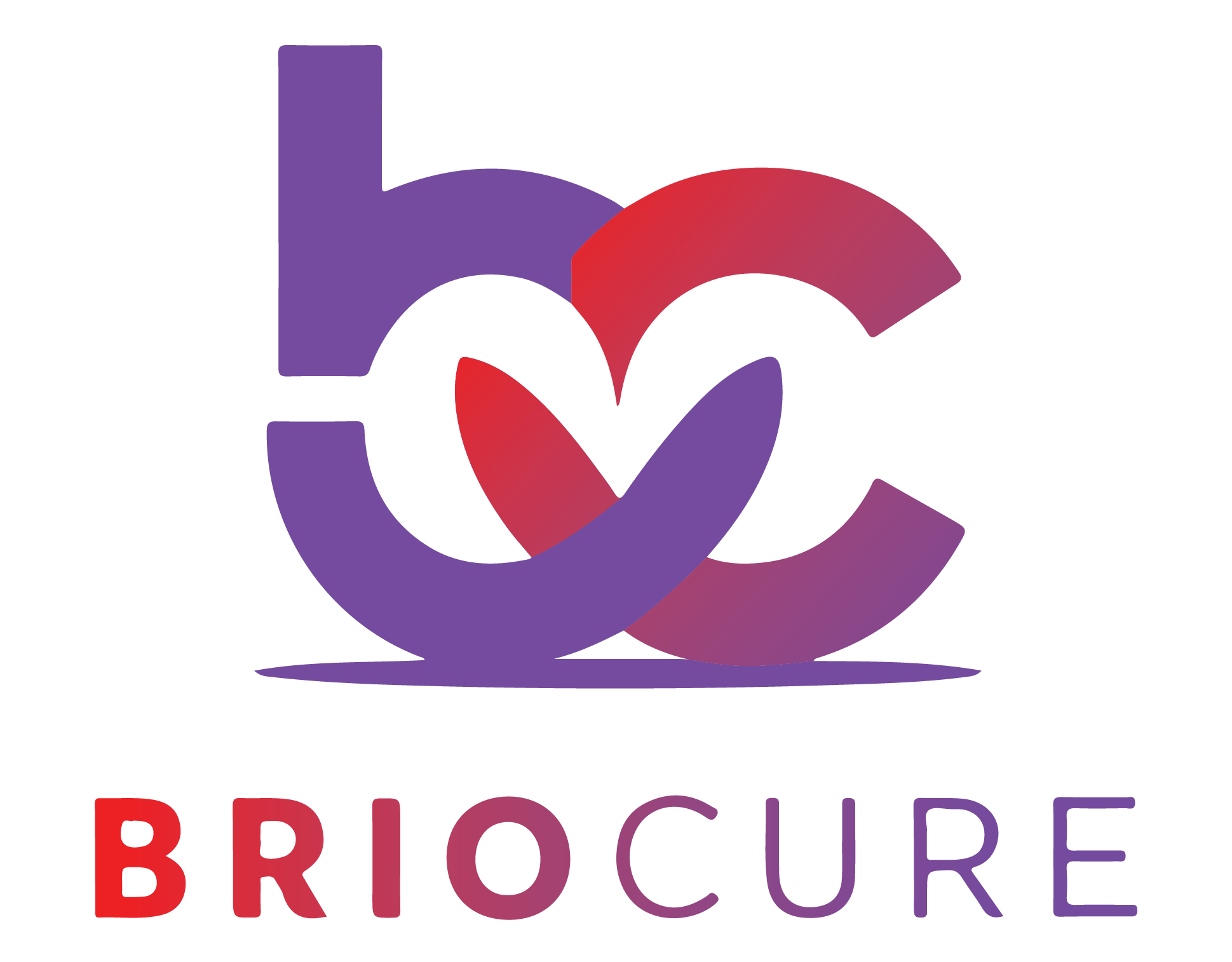In the bustling landscape of the digital age, where screens have become an integral part of our daily lives, the impact on mental health cannot be overlooked. As we seamlessly transition between devices, from smartphones to laptops, the lines between the virtual and the real blur. While technology has undoubtedly brought convenience and connectivity, understanding the delicate balance between screen time and mental well-being is crucial in this digital era.
The Digital Revolution: A Double-Edged Sword
The digital revolution has ushered in unprecedented access to information, social connections, and entertainment. From virtual workspaces to global communication, screens have transformed the way we live and interact. However, this technological leap forward comes with its own set of challenges, especially concerning mental health.
The Screen Time Dilemma
As screens weave into the fabric of our daily routines, the amount of time spent in front of them raises concerns. Excessive screen time has been linked to a range of mental health issues, from increased stress and anxiety to disrupted sleep patterns. The constant barrage of information, social media pressures, and the sedentary nature of screen-based activities contribute to a complex web of challenges for mental well-being.
Understanding the Impact on Mental Health
- Social Media and Mental Health:
The allure of social media often comes with a cost. The constant comparison, fear of missing out (FOMO), and pressure to present a curated version of life contribute to increased stress levels. Navigating the digital realm requires mindfulness to avoid the pitfalls of social media's impact on mental health.
- Sedentary Lifestyle and its Consequences:
Prolonged screen time often leads to a sedentary lifestyle, with detrimental effects on mental health. Lack of physical activity is a known contributor to conditions like depression and anxiety. Balancing screen time with physical movement is crucial for overall well-being.
- The Blue Light Predicament:
Screens emit blue light, which can interfere with the body's natural sleep-wake cycle. Prolonged exposure to screens, especially before bedtime, can disrupt sleep patterns, leading to fatigue and heightened stress levels.
Strategies for a Healthy Digital Diet
Establishing boundaries on screen time is a fundamental step in maintaining a healthy digital diet. Use built-in device features or third-party apps to set limits on various activities.
- Practice Mindful Consumption:
Be intentional about the content you consume. Mindlessly scrolling through social media or endless streaming can contribute to mental fatigue. Consciously choose content that uplifts and inspires.
Incorporate regular breaks into your screen-time routine. Use these breaks to stretch, move, or engage in activities that do not involve screens. Physical activity is a powerful antidote to the sedentary effects of screen time.
All kinds of exercise equipment are available at your nearest Apollo Pharmacy store.
Designate certain areas in your home as tech-free zones. Bedrooms, in particular, should be a sanctuary free from the glow of screens to promote restful sleep.
- Establish Digital Detox Periods:
Periodically disconnect from screens entirely. Whether it's a weekend retreat or a daily digital detox hour, allowing your mind to unwind from constant connectivity is crucial for mental rejuvenation.
Cultivating a Mindful Tech Relationship
- Digital Mindfulness Practices:
Integrate mindfulness into your digital habits. Mindful breathing, meditation apps, and conscious awareness of your screen time can foster a healthier relationship with technology.
Prioritize the quality of your screen time over quantity. Engage in meaningful online interactions, consume content that adds value, and avoid mindless scrolling.
If screen time begins to significantly impact your mental health, don't hesitate to seek support. Professional help, such as counseling or therapy, can provide valuable strategies for navigating the digital landscape while safeguarding mental well-being.
Conclusion:
In the intricate tapestry of the digital age, finding harmony between technology and mental health is an ongoing journey. By fostering awareness, setting boundaries, and incorporating mindful practices, we can navigate the digital landscape with greater resilience and well-being. The key lies in embracing the positive aspects of technology while actively mitigating its potential negative impact on our mental health. As we strive for a balanced digital diet, let's ensure that screens enhance, rather than detract from, our overall wellness in this rapidly evolving digital era.




